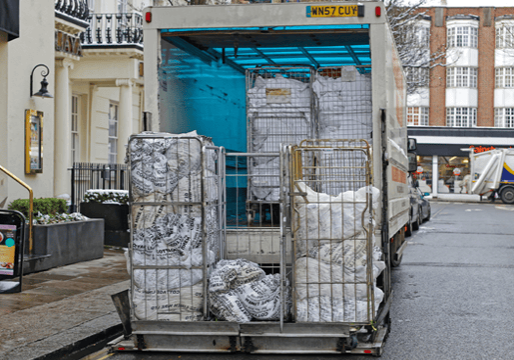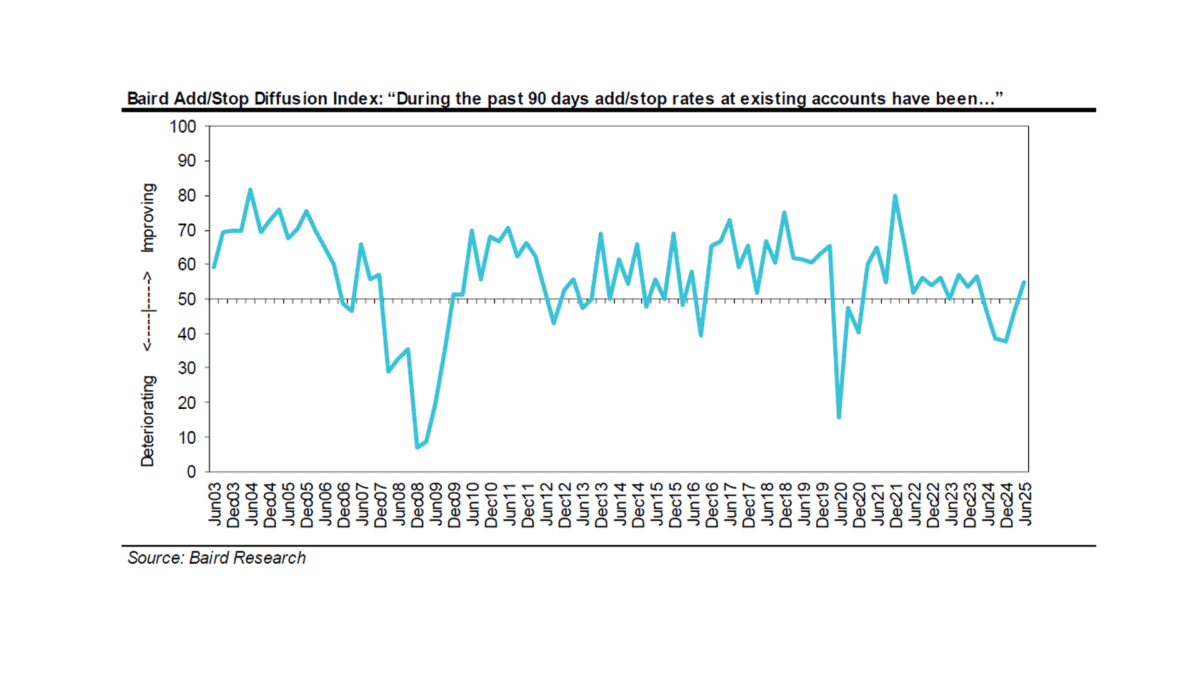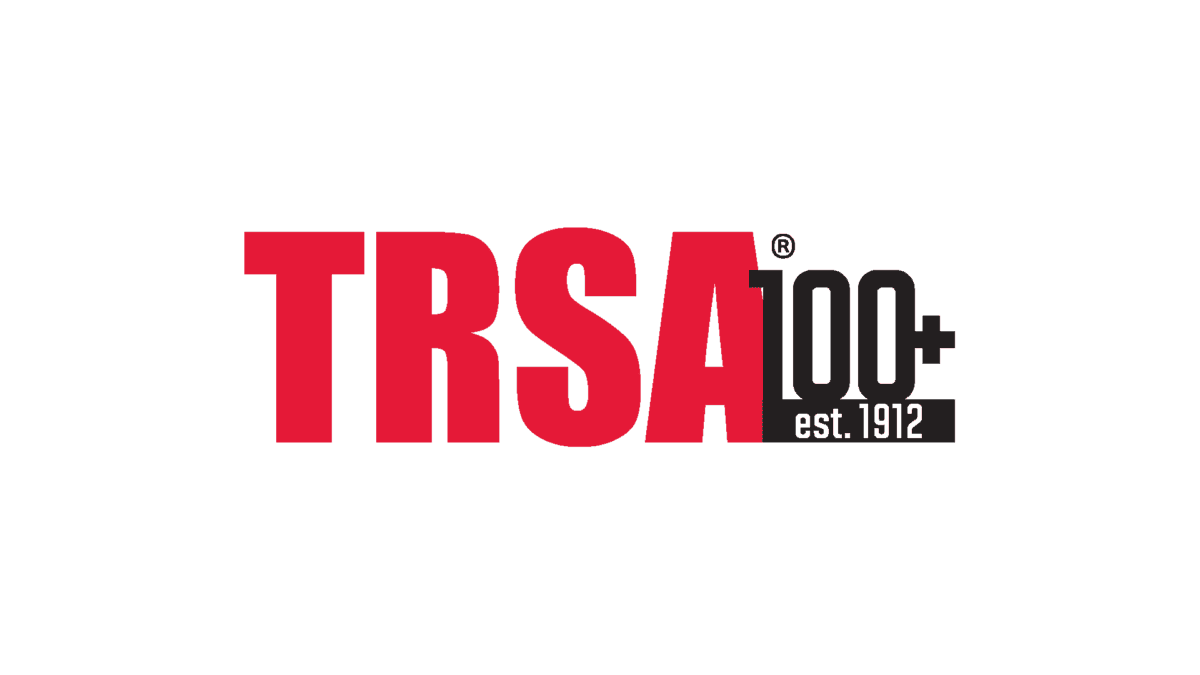Click Here to View the Declaration
The Trucking Association of New York (TANY) announced new litigation against the Metropolitan Transportation Authority (MTA) over its soon-to-be-implemented congestion pricing framework in New York City. Filed in the Southern District of New York, the lawsuit argues the framework unfairly targets trucking/logistics operations (including linen, uniform and facility services), which are charged far higher rates than passenger vehicles.
Under the finalized plan, trucks would be subject to a charge of $24 or $36 per trip into the congestion zone below 60th Street in Manhattan, depending on their size, compared to just $15 per day for passenger vehicles. While the goal of the plan is to reduce vehicle traffic during business hours, the MTA is also required to raise at least $1 billion per year with congestion pricing, per a legislative directive from Albany – meaning the agency is incentivized to maximize revenue by targeting those with inelastic schedules, like trucks.
To add support for the lawsuit, TRSA filed a declaration describing the negative impact the plan would have on the industry which was filed along with the TANY lawsuit.
“This lawsuit was a step we took only out of necessity after the MTA refused to make any concessions to our industry,” said Joseph Ricci, president and CEO of TRSA. “We hope that we can, through this litigation process, create a more equitable and fair policy that works for both New York City and the industry.”
The linen, uniform and facility services industry has delivery schedules set by the businesses they serve, and is subjected to a higher rate even though driver behavior is unlikely to be altered by the plan: a 2017 study conducted by the MTA itself found that reducing commercial vehicle tolls in off-peak hours has no impact on vehicle crossing times, underscoring that trucks enter New York City when they have to, not when they want to.
Potential fixes that would alleviate the grievance include a complete toll exemption for essential industries, a once-a-day limit on tolls levied against trucks, or a middle ground approach that would introduce pricing parity between trucks and passenger vehicles.
Publish Date
May 31, 2024
Categories
Sign Up For Our Newsletter
Receive the latest updates on the linen, uniform and facility services industry from TRSA delivered straight to your inbox.








